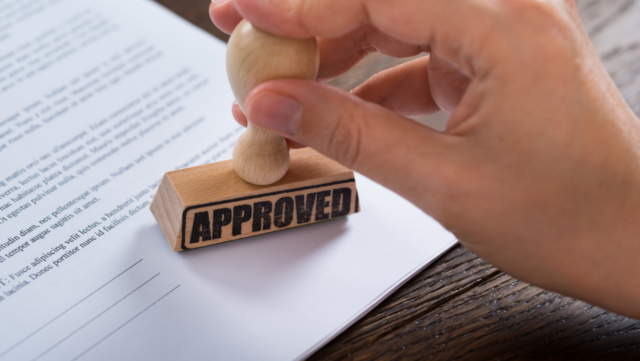Understanding the Basics: What Are DBS Checks?
In various sectors, DBS checks are essential tools for protecting vulnerable individuals, particularly children and adults. The primary purpose and importance of DBS checks are as follows:
- Protecting Vulnerable Groups: DBS checks help safeguard vulnerable individuals, such as children, elderly people, and individuals with disabilities, by identifying individuals who may pose a risk due to past criminal behaviour or misconduct.
- Legal Compliance: In many industries, especially those involving work with vulnerable groups, DBS checks are legally required. Employers and organisations must comply with safeguarding regulations and legislation to prevent harm and liability.
- Enhancing Trust and Reputation: By conducting thorough background checks, organisations demonstrate their commitment to ensuring the safety and well-being of their service users, which can enhance public trust and confidence in their operations.
- Risk Mitigation: DBS checks assist employers in making informed decisions about hiring or allowing individuals to work or volunteer in positions of trust. Identifying individuals with relevant criminal history helps mitigate the risk of potential harm to vulnerable groups.
- Preventing Recurrence of Offenses: DBS checks serve as a deterrent to individuals who may consider engaging in harmful behaviour, as they know their criminal record will be scrutinised when applying for positions involving work with vulnerable individuals.
- Maintaining Standards of Professionalism: DBS checks contribute to maintaining high standards of professionalism within sectors where individuals have access to vulnerable groups. It helps ensure that only suitable individuals who meet specific criteria are permitted to work in these roles.
- Peace of Mind: For parents, guardians, and individuals receiving care, knowing that those responsible for their well-being have undergone DBS checks can provide peace of mind and also reassurance.
- Preventing Fraudulent Claims: DBS checks can help prevent fraudulent claims of qualifications or experience, as they verify an individual’s identity and any relevant criminal history.
The different types of DBS checks
Standard DBS check:
Applicants are subjected to a standard DBS check to ensure they are suitable for the role. This level of change can be requested by yourself.
A standard DBS check will show:
- Caution
- Convictions
- Reprimands and warnings (now replaced by youth cautions)
- Previously stepped-down cautions or convictions
Enhanced DBS check:
Similar to the Standard DBS check but more in depth, this level is only available to employers. When working with children or vulnerable adults, you will most likely need an Enhanced DBS check. Barred list can also be requested to check for both anyone working with Adults or Children. An employer can only request this type of check.
An Enhanced DBS check will show:
- Spent or unspent convictions
- Cautions
- Reprimands or warnings the applicant has, as well as any other relevant information held by the applicant’s local police force.
Initiating the DBS Check Process: How to Submit an Application
Depending on which level of DBS check you require, different routes can be taken to get one. If you are starting a job which requires a DBS check, your employer should apply on your behalf. If an Enhanced DBS check is needed, only an organisation such as your new employer can apply for that.
Cavity DBS can help for both levels of certificate, we take your initial request via email or through our dedicated DBS website www.cavitydbs.co.uk.
At that point, you provide us with the required information we need to complete the form, such as all previous names known by, a full 5 years of address history, driving licence number and National Insurance number among other pieces of information. We complete the DBS application form on your behalf which then gets sent to you to check over and sign. Once you have signed it, we receive it back, we then finish off our vetting checks and then the form is sent for processing. Once the form has been sent for processing, the DBS certificate is delivered by post to your home address. The form can take up to 8 weeks to be returned to you.
Gathering Necessary Documentation: What you need to provide
When applying for a DBS check, you typically need to provide a combination of identifying documents and also documents to verify your current address. The exact requirements may vary depending on the type of check you’re applying for and specific policies of the organisation or employer requesting the check. However, here is a general list of common documents that may be required:
- A copy of your valid passport
- Driving licence (which shows your date of birth)
- Utility bill
- Bank statement
- Mortgage or credit card statement issued within the last 3 months (that shows your home address)
- National Insurance number
- Address history for the past 5 years
Navigating DBS checks seamlessly requires understanding the DBS check process, being prepared, and staying proactive. By following the tips and insights provided in this blog, you can ensure a smooth journey from application to approval, safeguarding your organisation and promoting trust and safety within your community.
